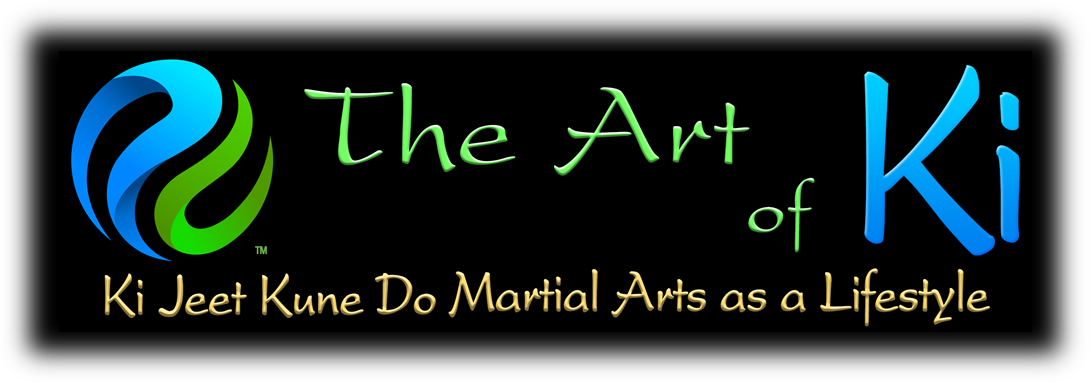I am a lifehacker. But, what is a lifehacker?
What I find interesting is how most dictionary and web site sources define a “lifehacker”. Most web sites dedicated to this term are focused on using technology to make common or daily tasks simpler. While this can be part of the experience of a lifehacker, it really has nothing to do with technology-dependent solutions. There are few web sites out there that do not focus on technology-based solutions for all their experiences and recommendations.
Some dictionaries define lifehacker with something technology-related. However, more accurate definitions are provided by dictionary.com, thefreedictionary.com, or urbandictionary.com respectively:
“a tip, trick, or efficient method for doing or managing a day-to-day task or activity”, “to live one’s life in a way such as to simplify tasks and minimize problem”, or “a tool or technique that makes some aspect of one’s life easier or more efficient”.
I rarely quote and do not rely on dictionaries to define terms and ideas for life. But, I felt this is worth pointing out to introduce this topic more easily. Out of all things that I am, lifehacker is the one that some people give me confused looks about.
The simplest way to understand it is to literally split the two root words apart – life and hacker. Most people think of hacker as in a computer hacker breaking into computers and software with nefarious motives. Take out the technology aspect of that, and you essentially have the same behavior but for good motives. Hacking life itself is essentially the basic meaning of being a life hacker.
Going back to the decent definitions provided earlier by three online dictionary sources, it is about finding new ways to make life simpler and more efficient. Some of the most common elements, experiences, and concepts of lifehacking include:
- A lifehacker challenges the status quo in society about beliefs. For example, most of society believes in tracking calories to lose weight and/or be healthier. This is one of the greatest myths that exist in dieting (of which I will be sharing information about soon on my artofki.com blog and in my upcoming book The Art of Ki).
- Most life improvements and solutions have nothing to do with technology; rather it has to do with ourselves. Our current state of being along with having simplified processes often are all that we need to focus on to lead to better ways of simplifying and improving life.
- Usually when most people believe one way (as referred to in the first bullet item), a lifehacker naturally feels the challenge to research the other way, always keeping an open mind to the results. With an open-minded approach, either a better solution not common to others is discovered or improvements to the common society belief are discovered. To use an over-used cliché, it is a win-win approach to a lifehacker.
- Many people are some form of lifehackers; they just don’t realize it. My students and readers are hacking life to improve themselves in some way just by merely reading this and any other content online and in books. Some are also exploring martial arts to improve and learn more about themselves.
- Hence from the last bullet, a lifehacker is always learning.
- A lifehacker finds a balance between art and science. An idea begins the cycle. Then, a more scientific approach is processed that includes learning more of the science of the idea while meticulously recording and tracking data from the efforts attempted. Eventually over time, the science returns back to an art form of the lifehacker’s unique style.
They made it their own art which is an idea that is at the heart of what ‘The Art of Ki’ communicates to students and readers. This circular learning philosophy is well-defined in Immovable Wisdom section of “The Unfettered Mind” by Takuan Soho, which is my most recommended book to my students and readers (best translation by William Scott Wilson – which was also Bruce Lee’s most preferred version).
- A lifehacker, therefore, is an artist and someone to learn from but not to emulate in the end. Rather, it is important for each individual to find their own way, their own style, that allows their own Art of Self-Expression.
One last thought is that a key thing that separates some lifehackers from others is having respect for others who believe in different systems or solutions. It is not about the style as much as it is about the character and essence of each person. A lifehacker that respects all others and styles regardless of point of view is one who can maintain an open-mind to constantly learn and improve for him/herself.
It is like looking outside through a window….A lifehacker will see things in their true state and experience more by keeping the window clear of dirt, fog, … and pre-judgements.
Some of my personal favorite lifehackers that I have learn much from include: Bruce Lee, Jerry Poteet, Tim Ferris, and Anthony Robbins.
Copyright / Πνευματική Ιδιοκτησία © The Art of Ki™ / Συλλογοε Πολεμικων Τεχνων Κι / Andreas Simatos

Leave a Reply